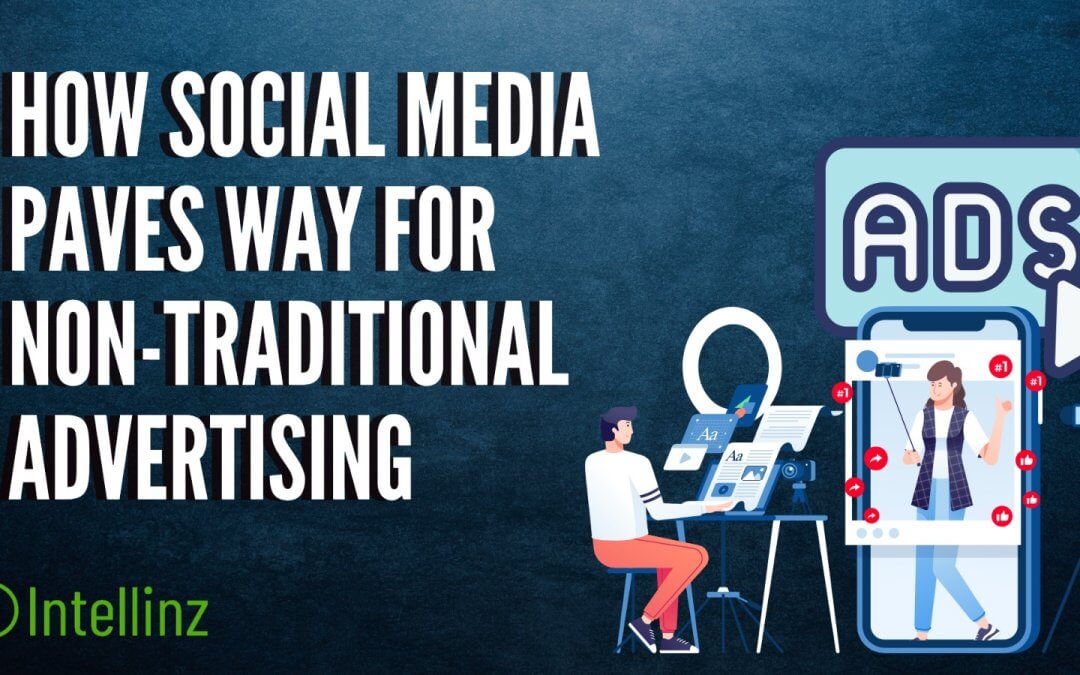Marketing tactics have a specific objective. But creating a campaign that places a good or service in front of the proper audience is a little trickier. Connecting with the target audience is much more complex than it was at the beginning of the twenty-first century because of the effect of the internet and the constantly expanding influx of apps and social media platforms.
The need of developing strategies that can integrate both traditional marketing and social media must be understood by those interested in a career in marketing. Failing to do so can restrict the reach and efficacy of a campaign. Learning the differences between social media marketing and traditional marketing is essential to gaining this insight.
Definition of Marketing Ideas
It’s critical to fully grasp each idea in order to understand how social media marketing differs from traditional marketing.
Any marketing technique used prior to the development of the internet is considered traditional marketing, often known as offline marketing. It involves print-based methods and strategies, including mailers, door-to-door fliers, newspaper or magazine ads, as well as TV and radio commercials.
On the other hand, social media marketing is an integral aspect of the broader idea of digital marketing, which is a catch-all word often used to refer to online marketing tactics based on the capabilities of the internet. Social media marketing, as the name implies, takes use of the popularity of social media sites like Facebook, Twitter, Instagram, and Snapchat.
When combined, the two ideas can assist marketing professionals in creating holistic strategies that enhance their ability to connect with both present and potential customers. A marketing bachelor’s degree is a fantastic place to start if you want to better comprehend the ideas and get ready for jobs that use both strategies.
How the Ideas Are Related
Both conventional and social media marketing aim to increase public knowledge of a good or service. In order to do this, both types of marketing strategy contributors concentrate on encouraging public interaction. This can entail reaching out to potential customers or preserving solid client connections with current clients. Businesses can use organic marketing techniques that rely on word-of-mouth rather than overt sales pitches to reach out to potential consumers or interact with existing ones. They can also collaborate with third parties to produce paid marketing materials like news feed advertising or advertorials.
It’s critical for individuals utilizing traditional and social media marketing strategies to be aware of the most recent trends related to the intended target demographic for the campaign. Equally crucial is understanding when these fads end, as implementing a campaign based on ideas that are out of step with current culture would make it appear out of date (consider an ad campaign based on Myspace outreach). Additionally, it’s crucial to consider cultural differences when developing tactics because errors of this kind might harm a company’s reputation.
Those in marketing who wish to use these concepts effectively need to have strong research and analytical abilities. Professionals that possess these skills can develop a complete grasp of a target demographic, allowing them to create compelling ads. When expressing the vision for a marketing plan to colleagues and stakeholders, advanced communication skills are crucial. Marketers also need to be very organized because they can be working on several projects at once. Students in marketing degree programs can develop these core competencies through coursework that fuses fundamental business principles with essential marketing concepts. In turn, graduates are equipped to enter the marketing industry fully prepared and aware of the function of marketing in a company setting.
Create Change in Marketing
Whatever marketing strategy you choose, you’ll be crucial to broadening a company’s reach and promoting its expansion. Whether you’re developing a campaign offline or online, the ability to develop methods to engage the audience and impact behavior makes it a fulfilling job in business. According to data from November 2019 PayScale, marketing and social managers earn $50,000 to $65






